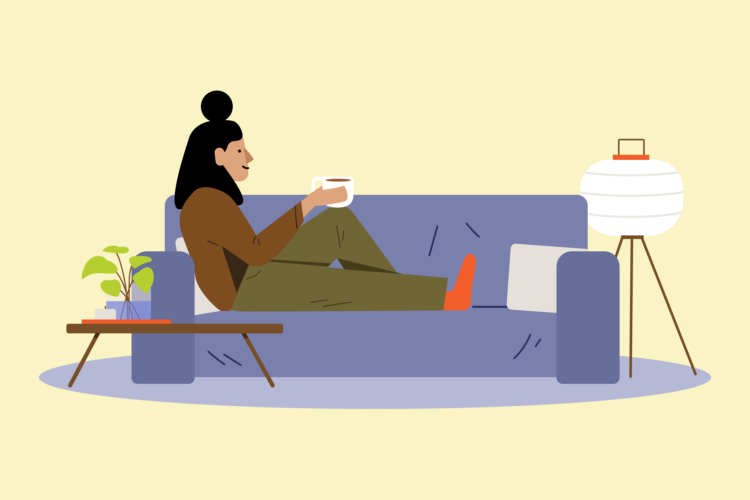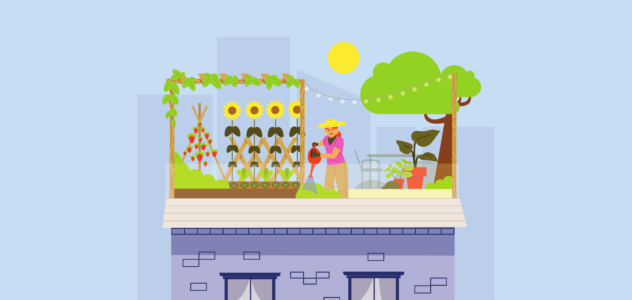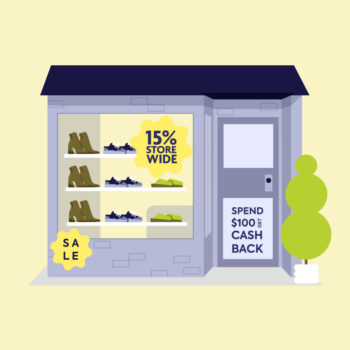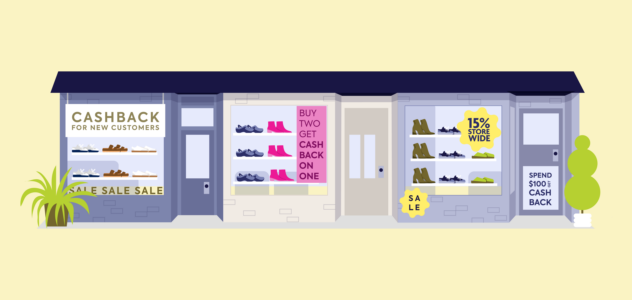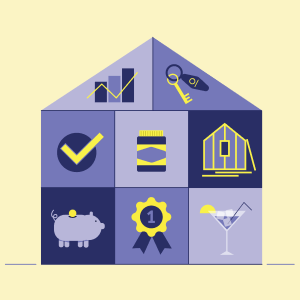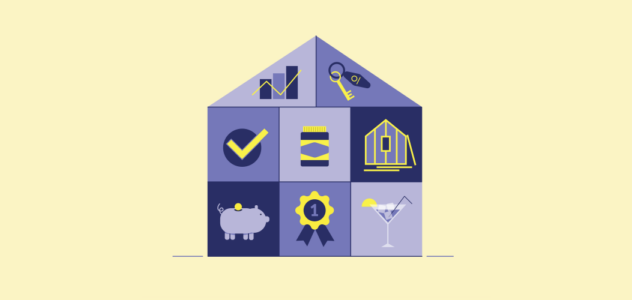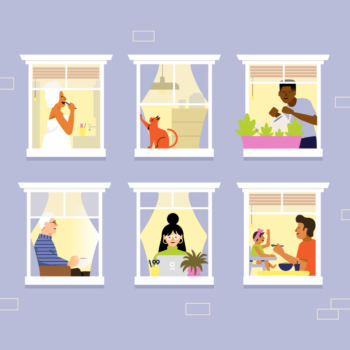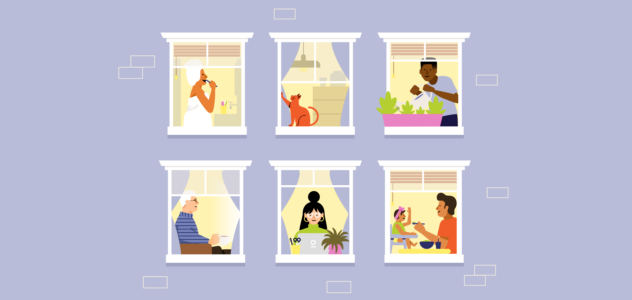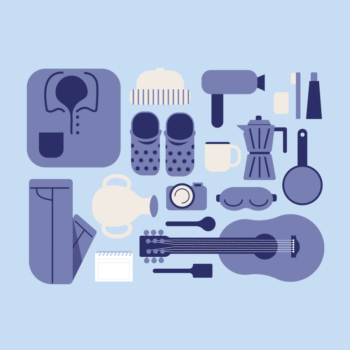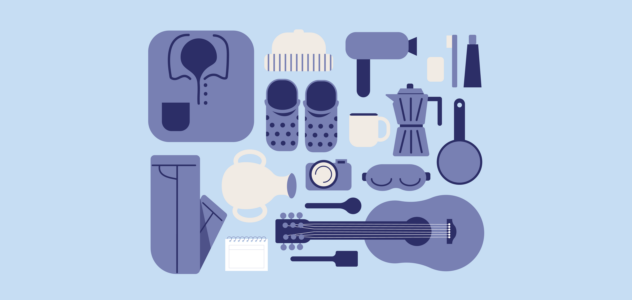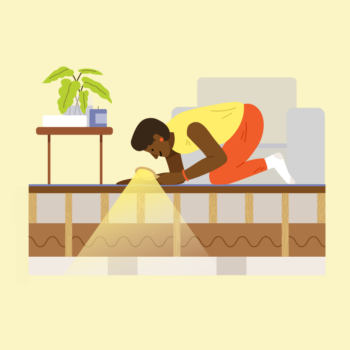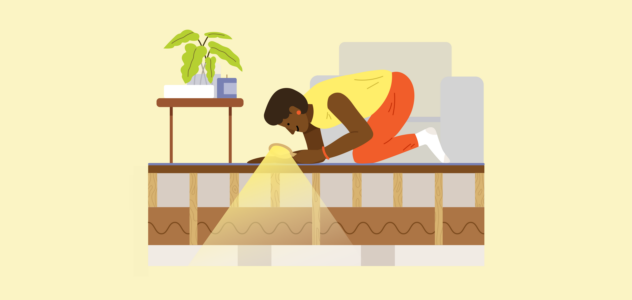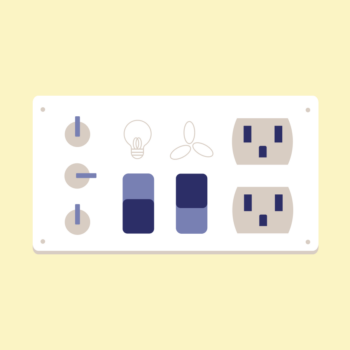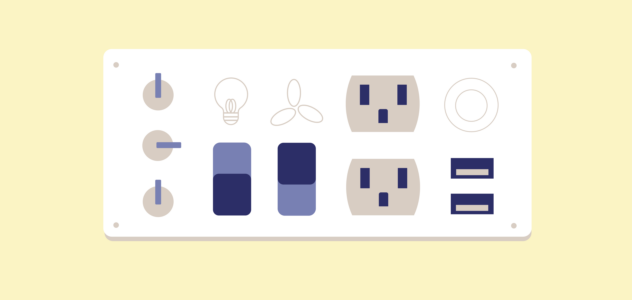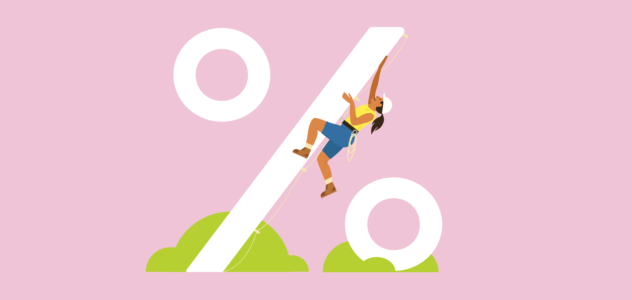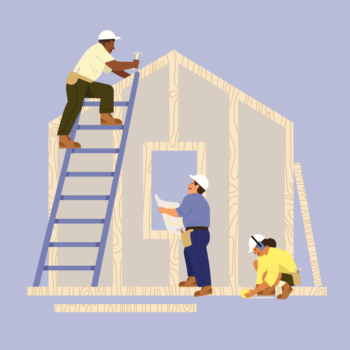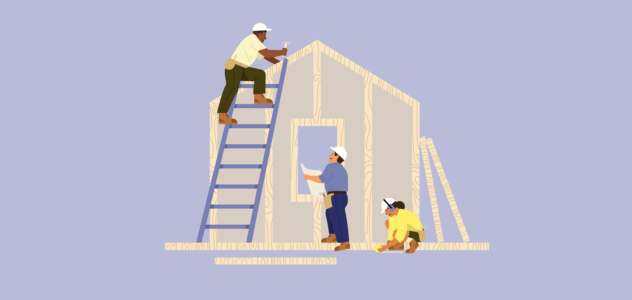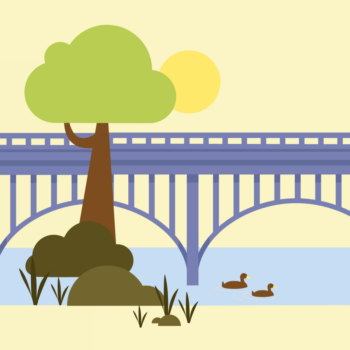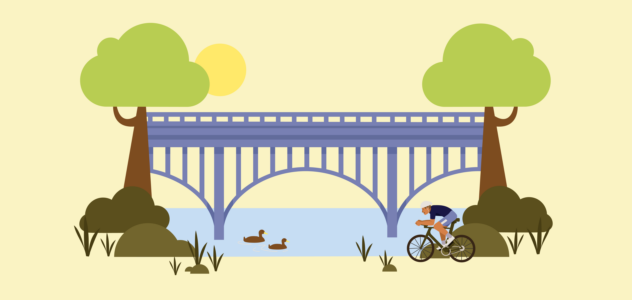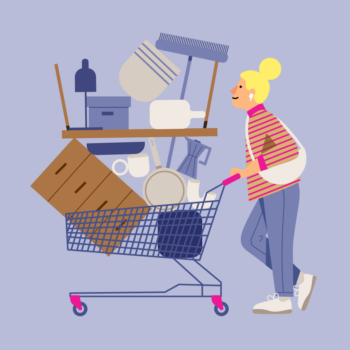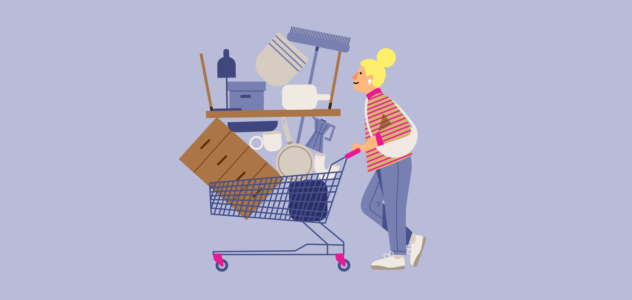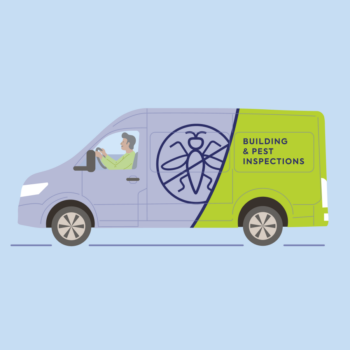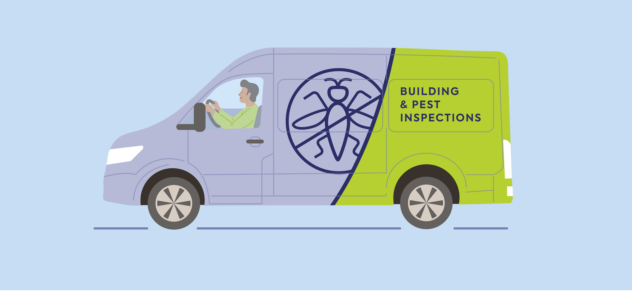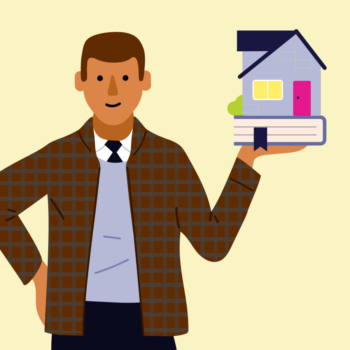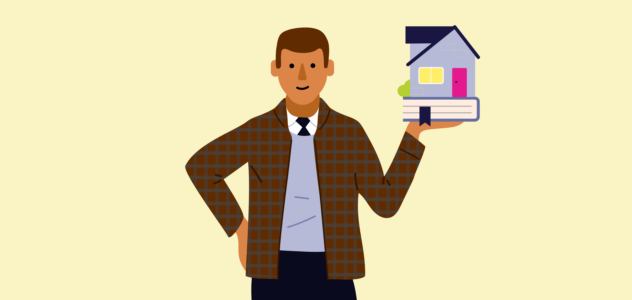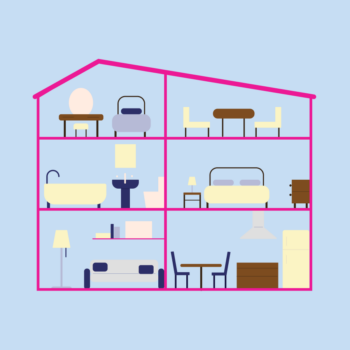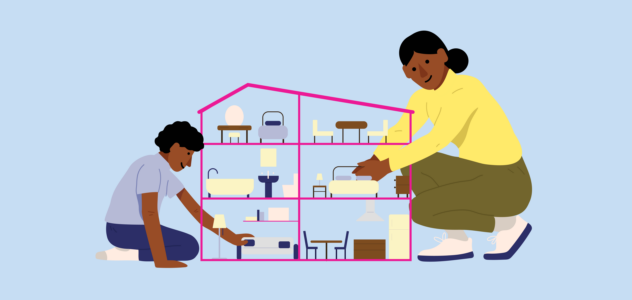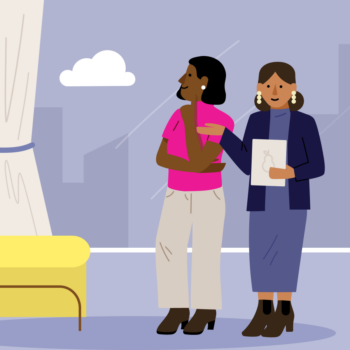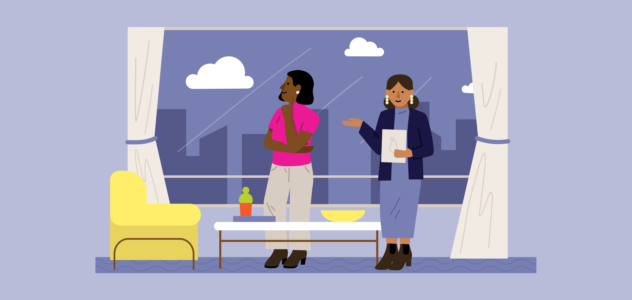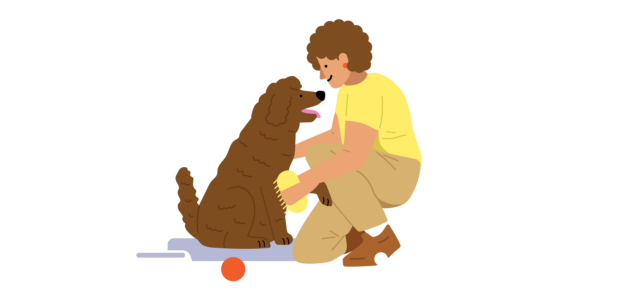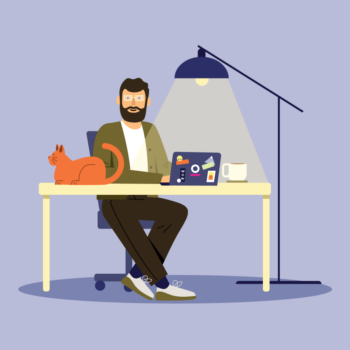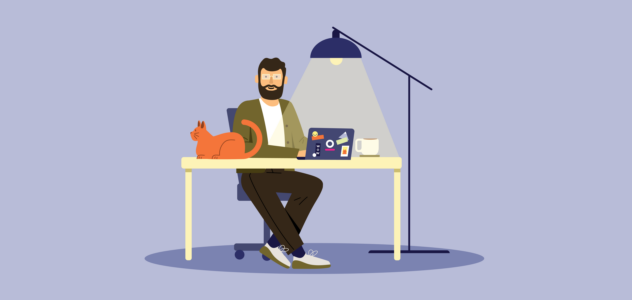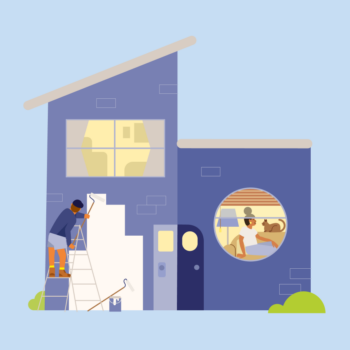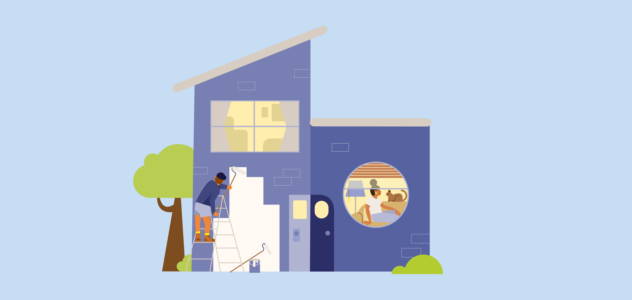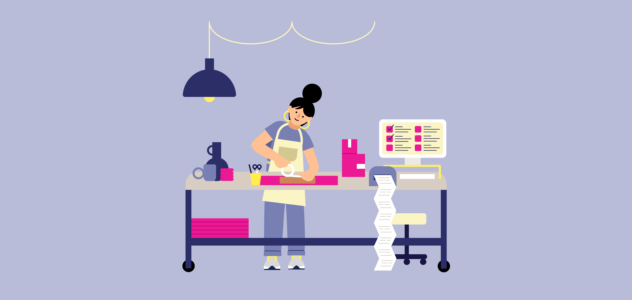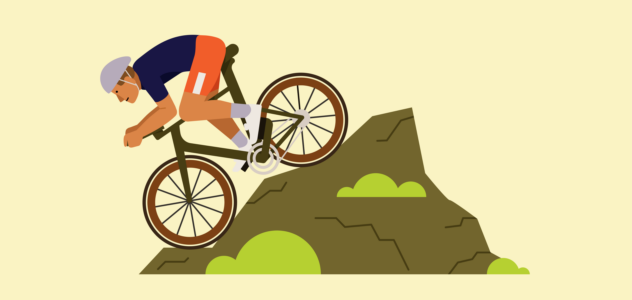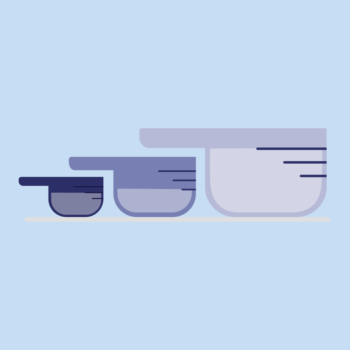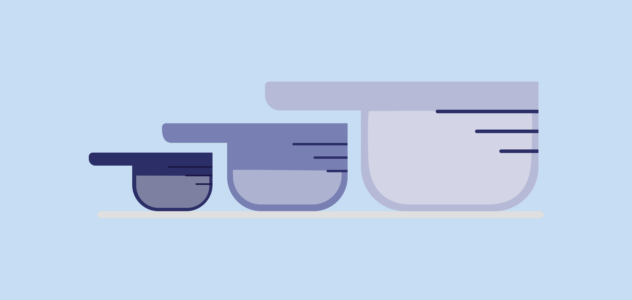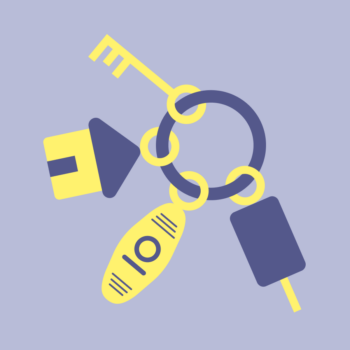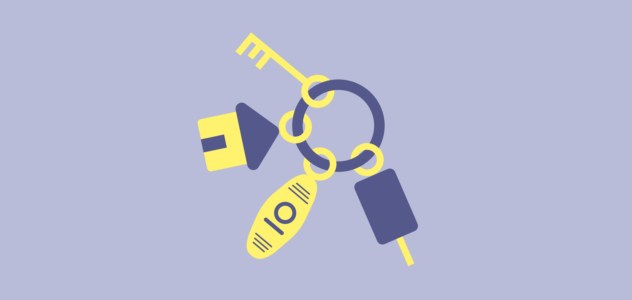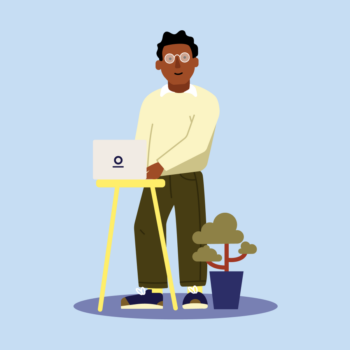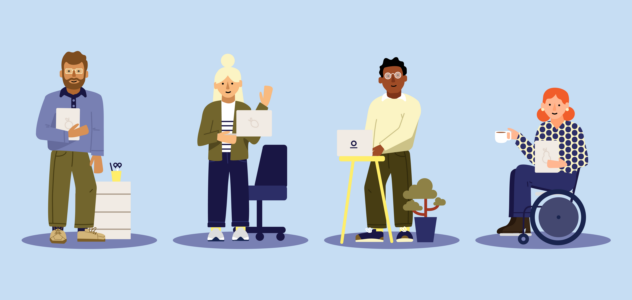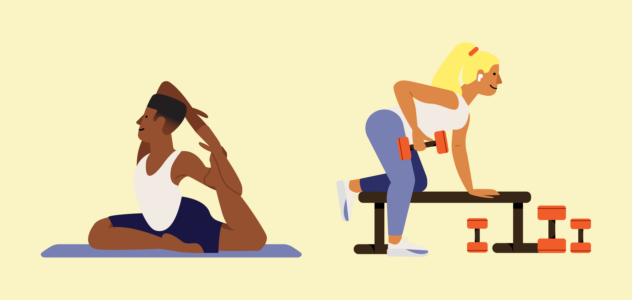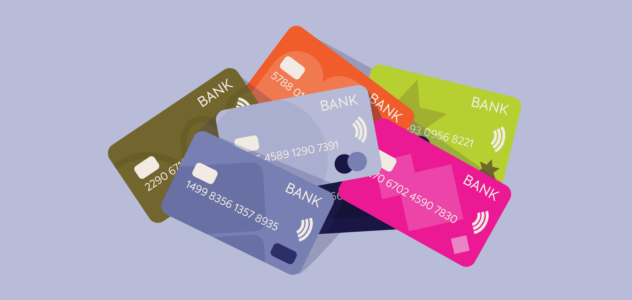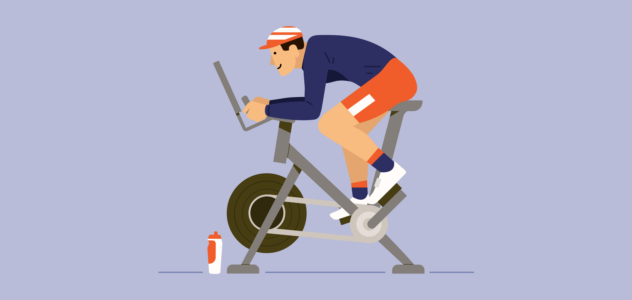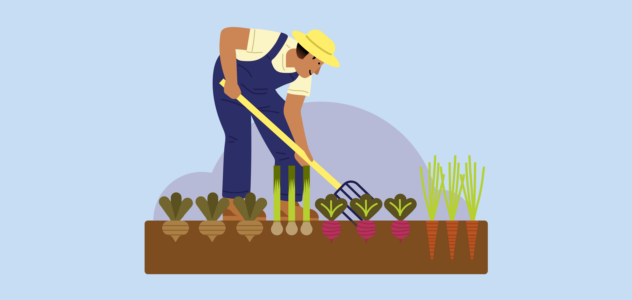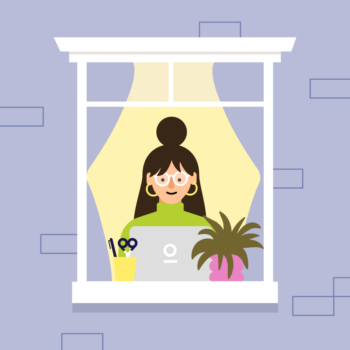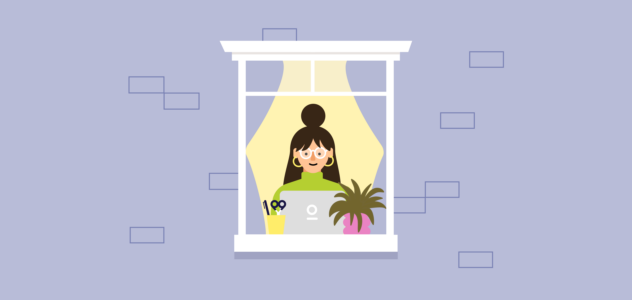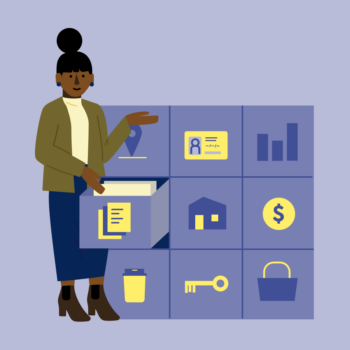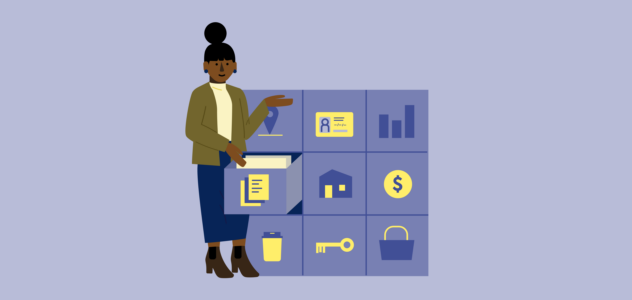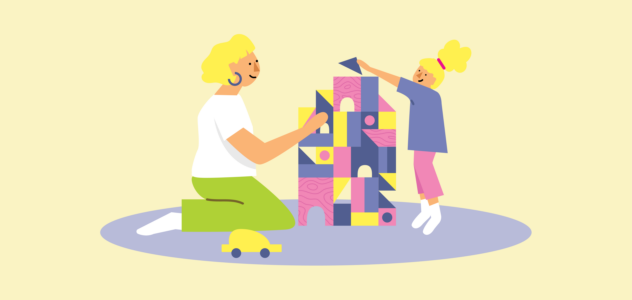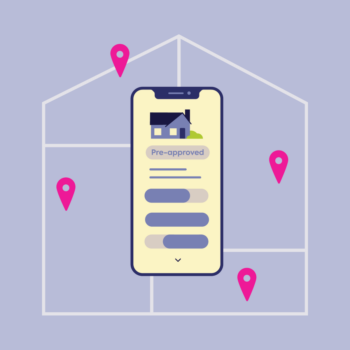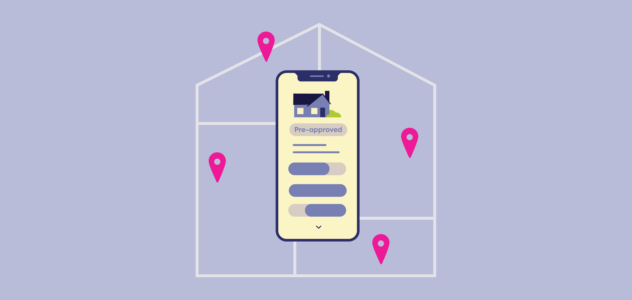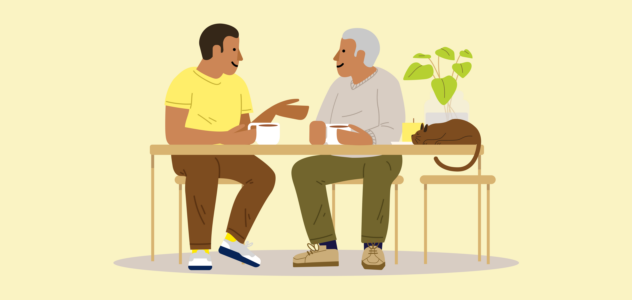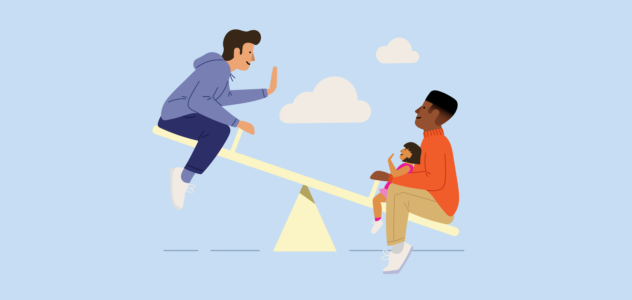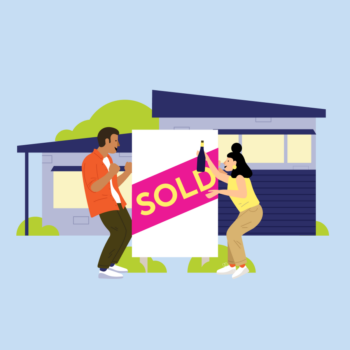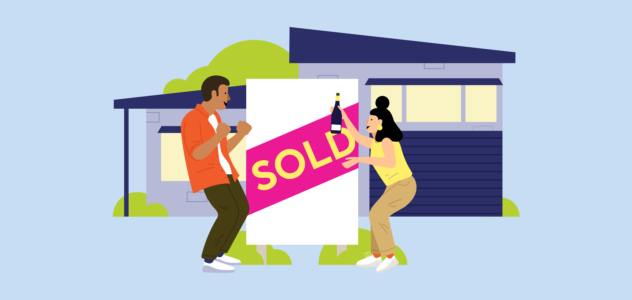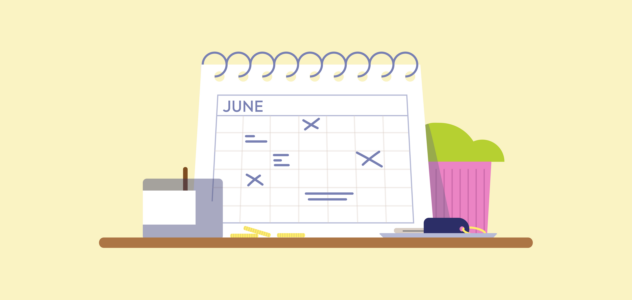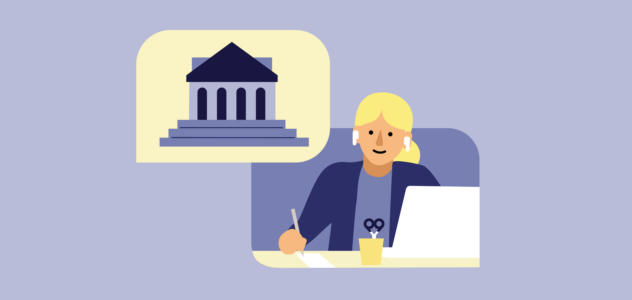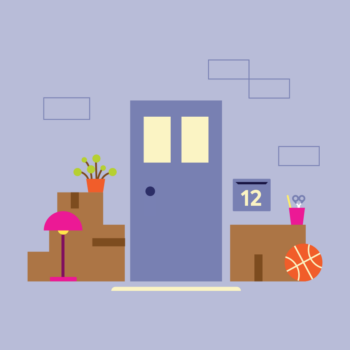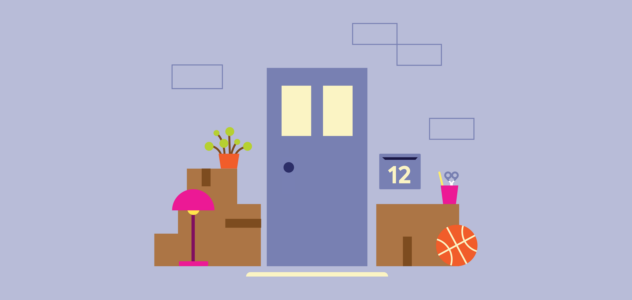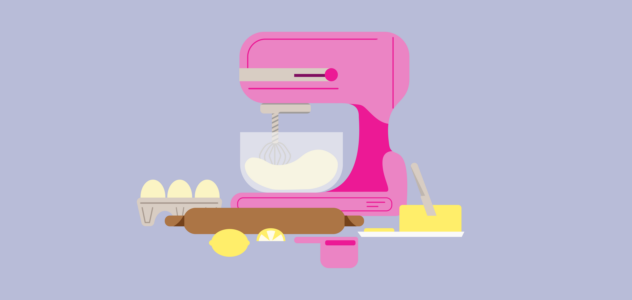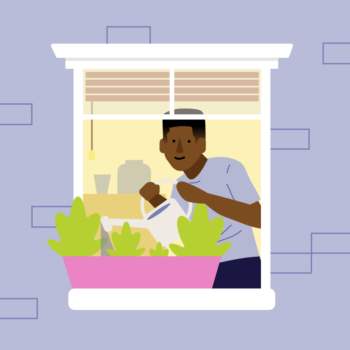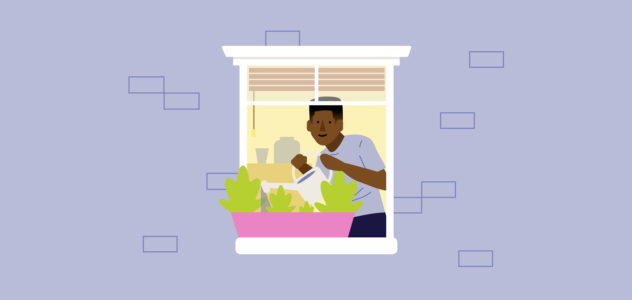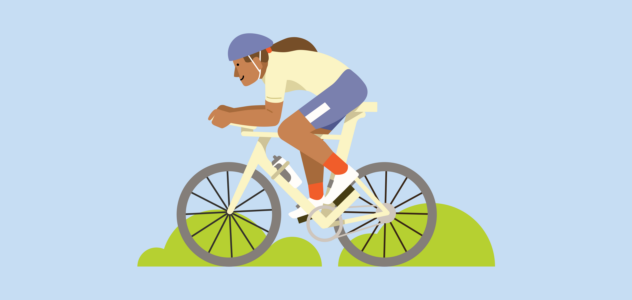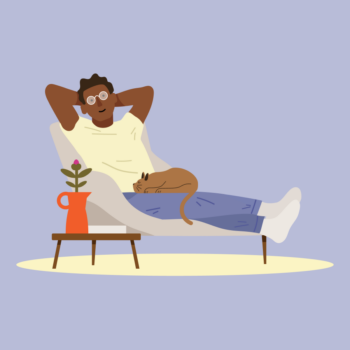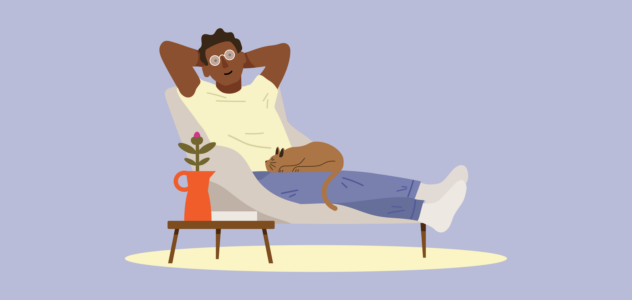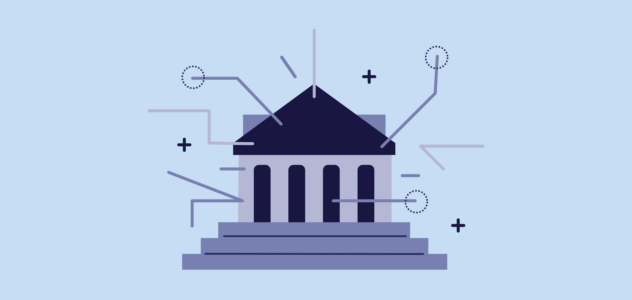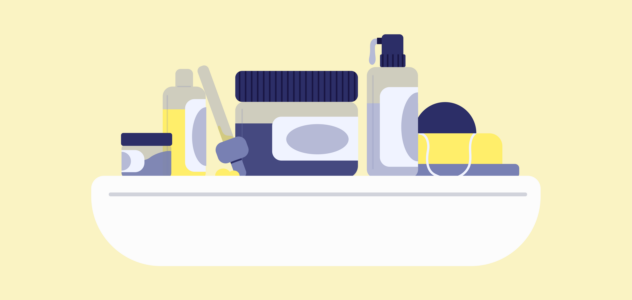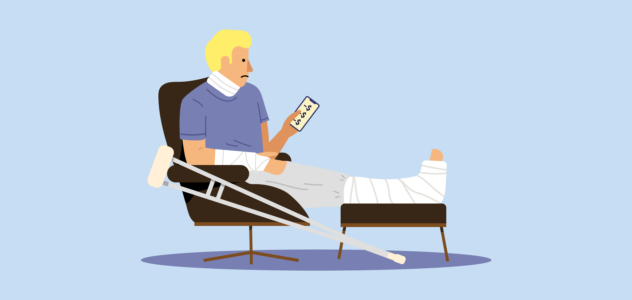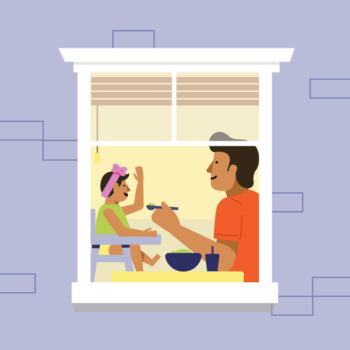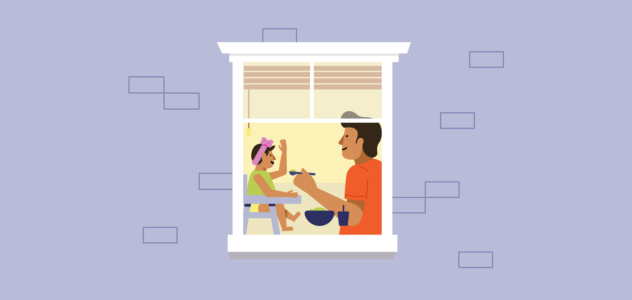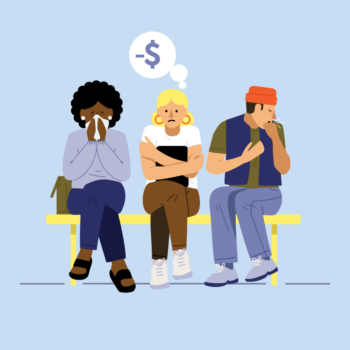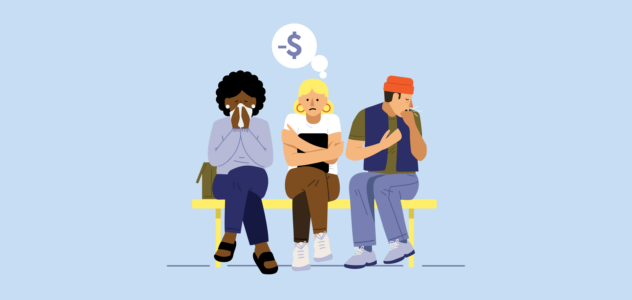Ah, the age-old question: should I rent or buy a house?
While the Australian dream of owning a home has been a common thread across generations, much has changed since the days when our parents or grandparents bought their (now multi-million-dollar) properties for $80k. You know?
So, when it comes to renting vs buying in today’s market, what should you choose?
Despite what your uncle Jim says at your family BBQ, there’s no “right” or “wrong” path. It all depends on your lifestyle, goals and situation.
So, while we can’t say which path is better (especially since we’re brokers, not financial advisers), let’s dive into the options and questions you can ask to find out what’s right for you.
And, if it’s tailored advice you’re after, your best bet is to chat with a financial adviser.
Ready to dive in?
Let’s talk about renting
Pros of renting
- Flexibility — When you’re not tied to a home loan, you may have a bit more freedom and flexibility to move around. City living? Country escape? You’ve got the flexibility to live in different areas before you fully commit.
- Less maintenance — Paint chipping? Heater broken? Roof leaking? Annoying, but not your problem to fix. When you’re renting, house maintenance falls back on your landlord, so you don’t have to worry about any repair work or unexpected costs associated with owning a home.
- Less of a commitment — A rental agreement is usually for the short-term (like 12 months) which means it’s far less of a commitment than a 30-year home loan.
- Lower entry cost — A rental agreement will usually require a bond, but this is far less than a deposit for a home loan (and no stamp duty on land).
- Invest in other assets — Not spending all your savings on a house deposit means you can choose to grow your wealth in other ways, like investing in shares.
- Makes share houses easier — if you’re living in a share house with one, two or five fellow renters, the group is generally on a level playing field. However, if you’re the owner of the house and decide to have a tenant living with you, you might end up being the one chasing payments or putting more effort into the upkeep because, well, you’re literally more invested in it.
Cons of renting
- No asset growth — The money you spend on rent is essentially gone forever, as it isn’t going toward your *own* asset. It’s going toward somebody else’s.
- Less security — Things are a little less certain when you rent, as your landlord could end the lease, sell the house or put the rent up.
- Ask permission — Want to build a veggie patch? Hang a painting? Own a dog? You’ll need to ask for your landlord’s permission.
- It’s just not your house — you might not experience the joy of making the house truly your own.
Let’s talk about buying
Pros of buying
- Stability — The house is *yours* so you’ll feel a sense of security and certainty. Unlike a rental, the owner can’t end the lease with little notice (because, well, you are the owner).
- Freedom — Wanna pull up the carpet? Rip out a wall? Paint the walls pink? Owning your own home means you’re free to make changes as you please.
- You’ll feel proud — It’s a great feeling knowing all your hard work and savings paid off and you now own a slice of land that’s *yours*.
- Long-term investment — Over the years, your home can build equity and wealth, setting you up for your future.
Cons of buying
- Long-term commitment — Entering into a home loan isn’t a decision to make on a whim, as it can last up to 30 years. That’s 30 years you’re committing to paying a mortgage.
- You’ll pay interest — Yep, unfortunately there’s no way around interest rates. And you’ll also have to adapt to changing rates over the life of your loan.
- Higher barrier to entry — You’ll often need to have a large deposit, which is a barrier for a lot of aspiring homeowners.
- More responsibility — If something needs fixing, it often falls back on you. After all, it’s yours.
So, renting vs buying a house? Here are 11 questions you should ask
What do you value more, freedom or stability?
Are you the type of person that gets excited by change, movement and the freedom to live in different places? Then a rental might be a great option for you. Or are you the type of person that enjoys security, certainty and feeling settled? Then buying might be right for you.
Do you have savings (or are you willing to use savings) for a deposit?
Owning your own home requires savings. Usually, a lot. So ask yourself where your priorities lie. Does the idea of using your savings to own your own home excite you? Or would you rather spend these on other things, like shares, assets or a holiday?
How do house and rent repayments compare right now?
There are so many “what ifs” when it comes to this question. In some cases, mortgage repayments could be less than renting. In other cases, mortgage repayments could be higher. It’s dependent on so many factors like house prices, interest rates, demand and supply of rentals and more.
What’s happening with interest rates?
Before you commit to renting or buying, have a look at what interest rates are doing. Are they rising? Falling? Staying put? Rising interest rates don’t necessarily mean it’s the wrong time to buy, as it could make homes more affordable for those looking to enter the market. A home loan expert will be able to answer your rate questions and walk you through hypothetical repayment changes so you can find something to suit you for the long term.
Are there any grants or schemes you’re able to take advantage of?
Though they’ve evolved over the years, there is often a range of grants and schemes available for first home buyers in Australia. And being aware of them — then finding out whether you’re eligible — can help make your decision on buying vs renting easier.
Are there any upcoming life events that might make home loan repayments tricky?
Are you planning to change jobs? Move interstate? Have a baby? Significant life events can impact your ability to comfortably make home loan repayments — so if some major shifts are coming up, it’s a good idea to factor this into your decision.
What are the hidden costs of buying?
When you buy a house, it’s a *smidge* more involved than simply paying your deposit and dancing through your living room. There are fees like stamp duty, conveyancing fees, mortgage registration fees, transfer fees and more. A home loan expert will be able to walk you through these.
What are the hidden costs of renting?
There are usually fewer fees involved in renting compared to buying. Buuut there are a few things to be aware of, like moving costs, backyard maintenance and some minor maintenance you might be responsible for (like light bulbs and unclogging toilets).
Does owning a house suit your lifestyle?
At the end of the day, it’s what works for YOU. If you’re someone who values the stability of owning property, wants to set themselves up for the future via property, enjoys renovating and making changes, or can see yourself staying in the same area for a while (or renting out your place as an investment property), then owning your home could be suited to your lifestyle.
Does renting a house suit your lifestyle?
If you’re someone who loves the freedom to move around, prefers less commitment, or simply wants to funnel your savings into other assets, then renting could be suited to your lifestyle.
Is it better to buy or rent a house?
Truth is, only YOU can decide what’s right for you. And that’s because whether you rent or buy is unique to your situation, lifestyle and goals.
So despite what your [insert-family-member-with-a-strong-opinion] says, there’s no *better* way.
If you’re still weighing up renting vs buying, consider getting tailored advice from a financial adviser.
And then, if you decide that buying a property is a goal of yours, a great next step is to speak to a home loan expert (that’s us!) to see what your borrowing power and home loan repayments could look like.
If you’re ready to explore your home loan options, chat with a Finspo home loan expert today.
